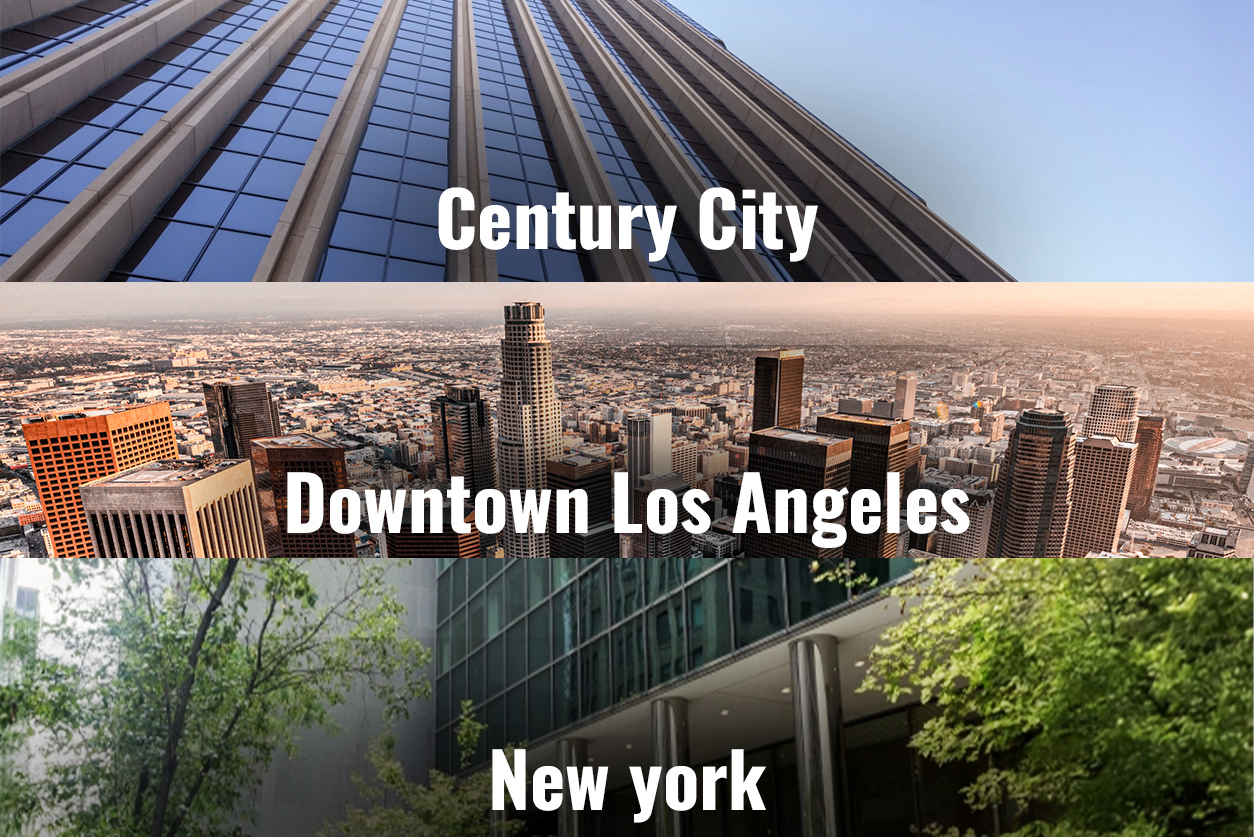
Discrimination Against African Americans
The legacy of slavery and segregation in the United States has created a persistent racial gap in opportunities and wealth and has given rise to discriminatory practices that adversely impact African Americans. Unconscious bias and practices like hiring discrimination can limit opportunities for advancement for Black employees.
Discrimination against African Americans is a form of racial discrimination. It refers to the unfair treatment of African Americans based solely on their race. Discrimination against African Americans can manifest in the workplace in various subtle and blatant ways, creating a hostile environment and hindering career advancement. Here's a breakdown of some common forms:
Hiring and Promotion:
- Biased Resumes and Applications: Unconscious bias might lead to overlooking qualified Black candidates based on stereotypical assumptions about their skills or experience.
- The "Cultural Fit" Fallacy: Using subjective criteria of "cultural fit" as a code word to exclude Black candidates who don't conform to perceived workplace norms
- Lack of Sponsorship or Mentorship: Black employees might be less likely to have mentors or sponsors who can advocate for them and help them navigate the path to promotions.
Microaggressions and Unconscious Bias:
- Stereotypical Comments: Casual remarks about Black people being good athletes or entertainers, perpetuating stereotypes and undermining professionalism.
- Assumptions about Background: Making assumptions about someone's skills or qualifications based on their race.
- Code-Switching Pressure: The expectation for Black employees to alter their speech or mannerisms to conform to a predominantly white workplace culture.
- Hair Discrimination: Policies that restrict hairstyles commonly worn by Black people, like afros, braids, or dreadlocks.
Pay Disparity and Unequal Opportunities:
- Unequal Pay for Equal Work: Black employees might be paid less than white colleagues for the same job duties and qualifications.
- Limited Access to Training and Development: Black employees might be passed over for training opportunities that could enhance their skills and career prospects.
- Segregation of Tasks: Assigning Black employees to menial or stereotypically "Black" tasks, limiting their exposure to diverse work experiences.
Hostile Work Environment:
- Racial Slurs and Offensive Jokes: Derogatory language or jokes targeting Black people can create a climate of fear and intimidation.
- Unwanted Physical Contact or Threats: Physical or verbal threats related to race can be a serious form of workplace harassment.
- Social Exclusion and Isolation: Being deliberately excluded from social activities or conversations by colleagues.
These discriminatory practices can have a significant negative impact on African American employees, leading to:
- Reduced Job Satisfaction and Morale: Feeling ostracized or unfairly treated can make it difficult to enjoy work and feel valued as an employee.
- Increased Stress and Anxiety: Constant microaggressions or a hostile work environment can create significant mental health burdens.
- Lower Productivity: Feeling unsafe or unwelcome can hinder focus and make it difficult to concentrate on work tasks.
- Limited Career Advancement: Unfair treatment and lack of opportunities can hinder promotion prospects and career growth.
The following methods can combat workplace discrimination against African Americans:
- Diversity and Inclusion Training: Companies can implement training programs to educate employees about unconscious bias and create a more inclusive workplace culture.
- Clear Anti-Discrimination Policies: Having clear policies that prohibit discrimination based on race and outline complaint procedures is crucial.
- Employee Resource Groups: Providing spaces for Black employees to connect and support each other can foster a sense of belonging.
- Accountability for Discrimination: Companies should have clear procedures for investigating and addressing complaints of racial discrimination.
By creating a workplace culture of respect and inclusivity, employers can ensure a fair and equitable environment for all employees, regardless of race.
If you are a victim of racial discrimination at work, please call us for help.

Types of Employment Law cases we take
Contact The Spivak Law Firm Today


